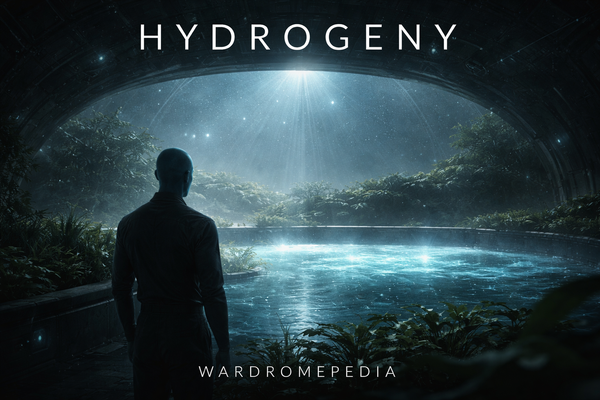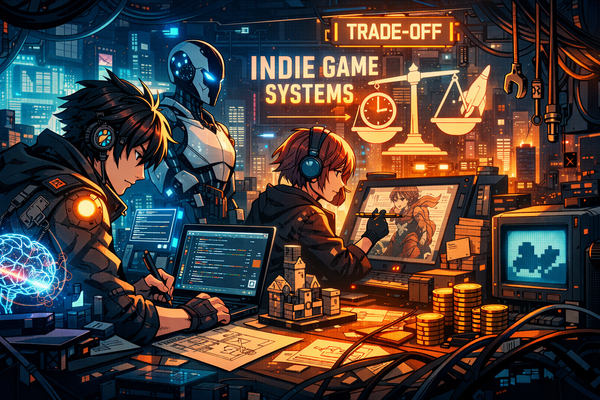The ultimate guide to indie game development: From concept to launch
Indie game development is both an exciting and challenging journey. While large studios have significant resources, indie developers must often rely on creativity, passion, and a strong work ethic to succeed. This guide covers each stage of the process, from the spark of inspiration to a successful launch, offering practical advice for indie developers looking to create their first (or next) game.
1. The spark of inspiration: Conceptualizing your game
Every successful indie game starts with a unique idea. Whether your inspiration comes from books, movies, or personal experiences, the key is to ensure your concept stands out in a crowded market. Start by brainstorming different mechanics and themes that interest you, and focus on how to create a distinctive experience. Don’t worry if your initial idea feels simple—many top indie games, like Celeste or Undertale, thrived on simplicity with deep mechanics and storytelling(The Indie)(Toxigon).
2. Prototyping and gathering feedback
Once you have a concept, creating a prototype is the next step. Prototyping allows you to test your ideas, mechanics, and gameplay. Use tools like Unity, Godot, or Unreal Engine to create a rough version of your game. Share this prototype with friends, family, or online communities to gather feedback. Early feedback helps you refine mechanics and address potential issues before committing resources to full development.
3. Choosing the right tools and game engine
The choice of game engine is crucial in indie development. Unity and Unreal are the most popular engines, offering extensive documentation and a large user community. For developers focused on 2D games, tools like Godot or GameMaker Studio are excellent alternatives. It’s important to choose the engine that aligns with your project’s needs, as each has strengths depending on the type of game you’re making(ECBUILDER).
4. Developing engaging gameplay mechanics
Gameplay is the heart of any game, and indie developers need to focus on delivering an engaging core loop. Whether it’s combat, puzzles, or exploration, ensure that the primary actions in your game are fun and rewarding. Start small, with a simple mechanic, and build complexity as the project progresses. Always test gameplay with real players, iterating based on feedback.
5. Crafting compelling art and audio
Even with a small budget, art and audio can make a huge difference in the player's experience. Indie games like Cuphead and Hollow Knight have gained widespread acclaim for their unique art styles. Collaborate with artists or use platforms like OpenGameArt to find free or affordable assets. Similarly, focus on crafting or sourcing a compelling soundtrack that enhances the atmosphere of your game(300Mind).
6. Marketing your game and building a community
Marketing is essential for indie games, often neglected until too late. Start building a community early by engaging with players on social media, sharing development updates, and posting regular blogs. Platforms like Twitter, Discord, and Reddit are great for interacting with your audience. Influencer marketing can also be a powerful tool—reach out to streamers or YouTubers in your genre to showcase your game(Fungies Sell)(The Indie).
7. Preparing for launch
As you near the end of development, create a polished game trailer and optimize your store page (on platforms like Steam, Epic Games, or itch.io). Ensure you have high-quality visuals, a compelling description, and a clear release date. Focus on generating buzz during the final weeks, whether through newsletters, social media, or demo releases.
Indie game development is a rewarding but challenging process. By starting with a strong concept, focusing on gameplay mechanics, and engaging your community early, you can create a game that stands out. Always remember that the journey from concept to launch is iterative—gathering feedback and making adjustments along the way ensures your game reaches its full potential.



